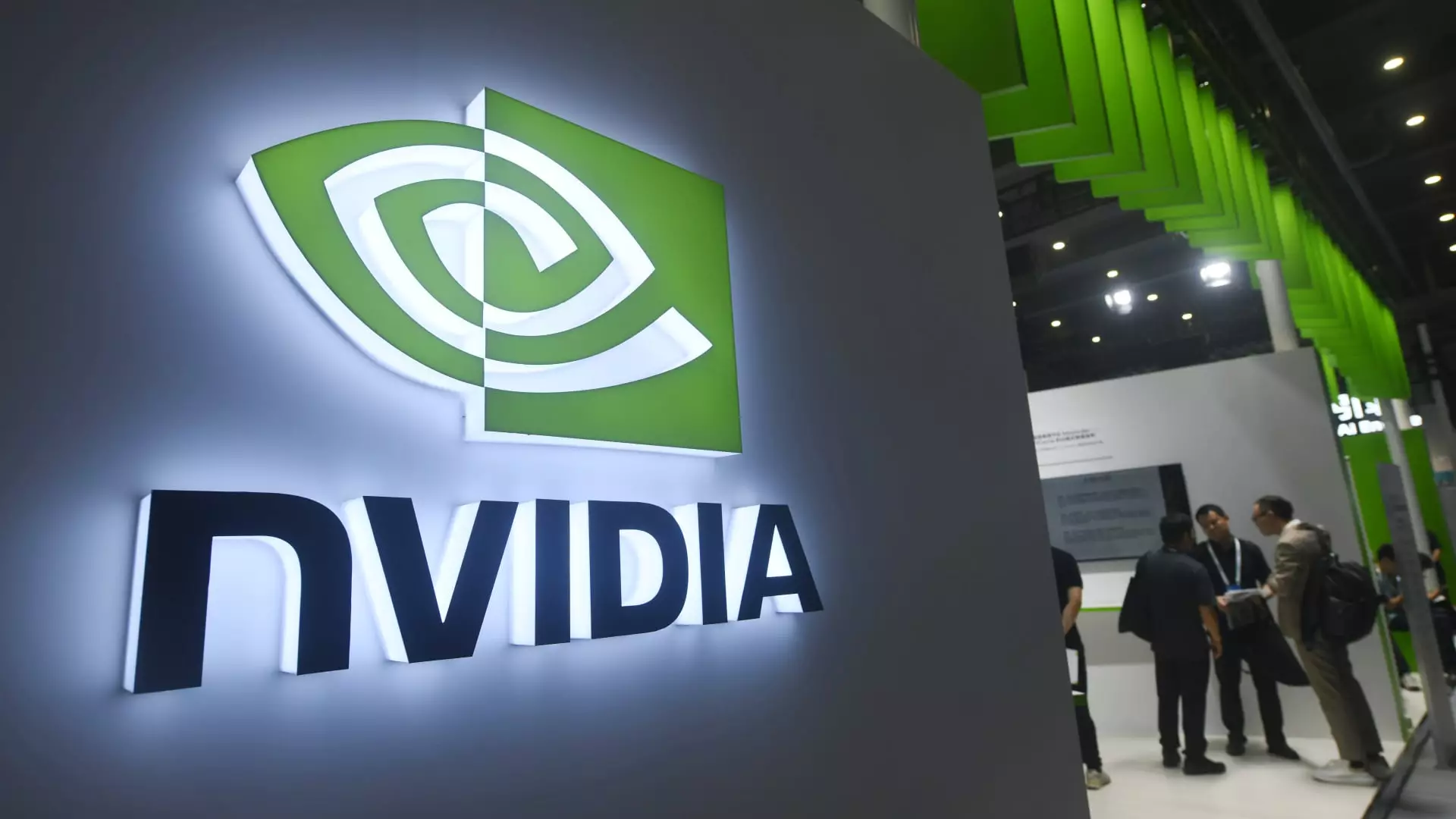As the healthcare industry grapples with overwhelming administrative burdens that contribute significantly to staff burnout, major tech giants are seizing the opportunity to offer innovative solutions. The upcoming HLTH conference in Las Vegas, with participation from renowned companies like Nvidia, Google, and Microsoft, serves as a showcase for artificial intelligence (AI) tools designed to alleviate clinician workloads. The event not only highlights the current trends in healthcare technology but also raises important questions about the efficacy and implications of integrating AI into clinical settings.
In recent years, healthcare providers have faced escalating demands related to documentation and compliance. The reality is that doctors and nurses are often ensnared in a tedious web of record-keeping, insurance negotiations, and regulatory requirements. Recent studies indicate that clinicians are spending nearly 28 hours each week on these administrative tasks, reducing the time they can dedicate to patient care. A staggering 80% of healthcare providers report that these clerical responsibilities detract from their ability to engage with patients meaningfully.
Healthcare experts agree that this persistent administrative burden is contributing to a troubling trend: a predicted shortage of 100,000 healthcare workers in the United States by 2028. Industry leaders argue that without the help of advanced technologies, this crisis could exacerbate the ongoing struggles within the healthcare system. With market potential projected at $6.8 trillion by the end of the decade, tech companies are eager to provide AI-driven solutions and capture this lucrative opportunity.
As healthcare organizations begin to explore technological innovations, AI is emerging as a game-changer. This year’s HLTH conference aims to spotlight how generative AI can effectively offload time-consuming administrative tasks and ultimately improve patient care. Google is taking significant steps in this direction, having unveiled its Vertex AI Search for Healthcare to facilitate quick access to patient data by allowing clinicians to search through disparate medical records swiftly.
Microsoft is also making strides, offering tools such as the DAX Copilot—an AI-driven documentation support intended to minimize the typing burden on doctors. Notably, Microsoft’s initiatives are complemented by their acquisition of Nuance Communications, which further expands their capacity to address the documentation challenges faced by healthcare providers.
The enthusiasm for AI tools in the healthcare space is evident from the rapid growth of startups like Abridge and Suki, which are also vying for attention at the HLTH conference. Abridge’s CEO noted that the rate of adoption for AI-driven documentation practices within healthcare is unprecedented. For stakeholders in this field, the competition encourages faster innovation and refinement of solutions to meet clinician needs.
However, the market must tread carefully. While the introduction of AI tools can deliver promising advantages, the transition to these systems requires significant consideration. Health systems are still largely in the exploratory phase, assessing various tools and determining the best vendors to partner with. The challenge lies not just in adopting new technology, but also in ensuring its integration into existing healthcare workflows without causing more disruption.
Another crucial aspect of deploying AI in healthcare is the ethical implications and risks associated with technology use. As AI begins to underpin more clinical processes, there are concerns about data privacy, security, and the transparency of these systems. It is vital that developers and healthcare organizations remain vigilant to safeguard patient information and uphold the trust that is central to the doctor-patient relationship.
Moreover, as machines undertake increasingly complex tasks, the healthcare workforce must adapt. This transformation may require reskilling and rethinking roles within clinical environments, emphasizing the need for clinicians to evolve into technology-savvy professionals.
The upcoming HLTH conference serves as a pivotal moment for stakeholders in healthcare and technology alike. As industry leaders converge to demonstrate the potential of AI solutions, we are witnessing the dawn of a new era in clinical practice. The emphasis on reducing administrative burdens through selling AI tools indicates a significant shift in how healthcare is delivered.
The integration of technology in healthcare is a journey that must be navigated with careful foresight and collaborative effort. While AI offers incredible potential to improve operational efficiencies, the focus should remain on fostering environments where patient care is the primary objective. As we anticipate the innovations unveiled at HLTH, it is evident that the future of healthcare will hinge on the delicate balance between technology and the human touch that defines the profession.


Leave a Reply